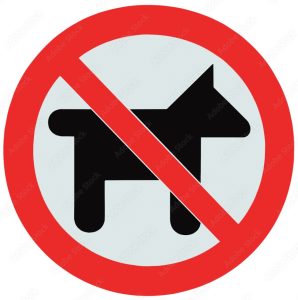Most Florida Residential Leases contain a provision regarding a Tenant’s Right to have a pet. While many Landlords allow them, some forbid it. It can result in a tenant eviction for having an unauthorized pet in Florida. However, a process must be followed. Therefore, if you discover that your Tenant has an unauthorized pet, contact the Law Office of Brian P. Kowal, PA at (954) 990-7552.
How Does The Eviction Process Work?

Unauthorized Pet In Florida
Before proceeding with the process, a Landlord needs to make sure that the pet is actually in the property. Once they have knowledge that it is living there, they can send them a 7 Day Notice. It is important that it contains specific information including:
- an unauthorized pet is living in the property
- a pet requires approval of the Landlord
- they have 7 days to remove the pet. Failure to do so may result in an Eviction.
Many Landlords make the mistake of not having sufficient evidence to show that an unauthorized pet is on the property. As a result, the Eviction may get dismissed. For that reason, it is important to speak with Broward County Eviction Lawyers to learn about the process.
Is an Eviction for having an unauthorized Pet the same as an Eviction For Non-payment?
Yes and No. Both require Notice. While the length of time to respond may be different, a Tenant must take action to avoid the Landlord filing. If they fail to respond, the process can be started. The Tenant has five days to answer. However, an Eviction for Non-Payment is easier for a Landlord to prove in Court. On the other hand, a Tenant may have more defenses to an Eviction for having an Unauthorized pet. Specifically, the pet may not be theirs, or the pet no longer resides on the property. Further, the Landlord may need to bring witnesses to help prove their claim that the pet has not left.
A Florida Tenant can be evicted if they have an authorized pet. While this is not as common, a Landlord can be successful if they follow procedure. If you have questions about the process, contact the Law Office of Brian P. Kowal, PA at (954) 990-7552.
